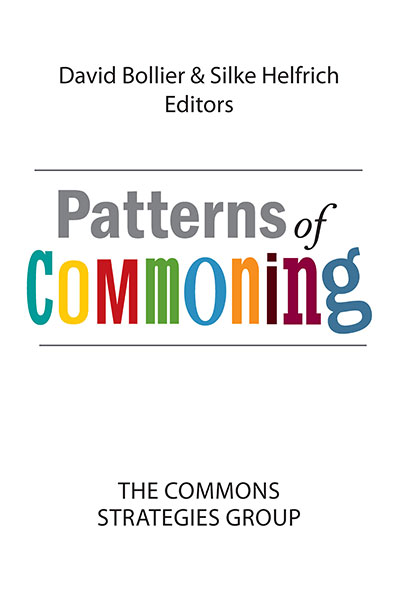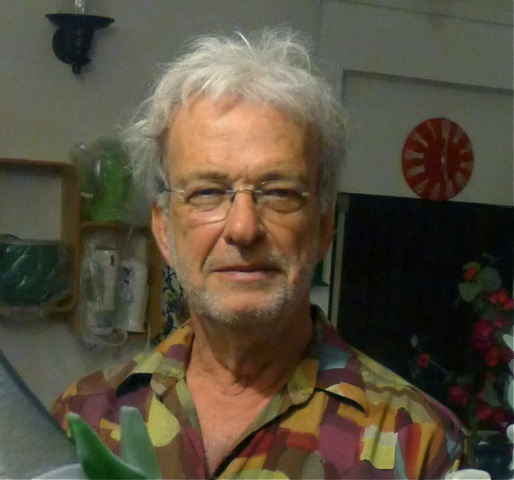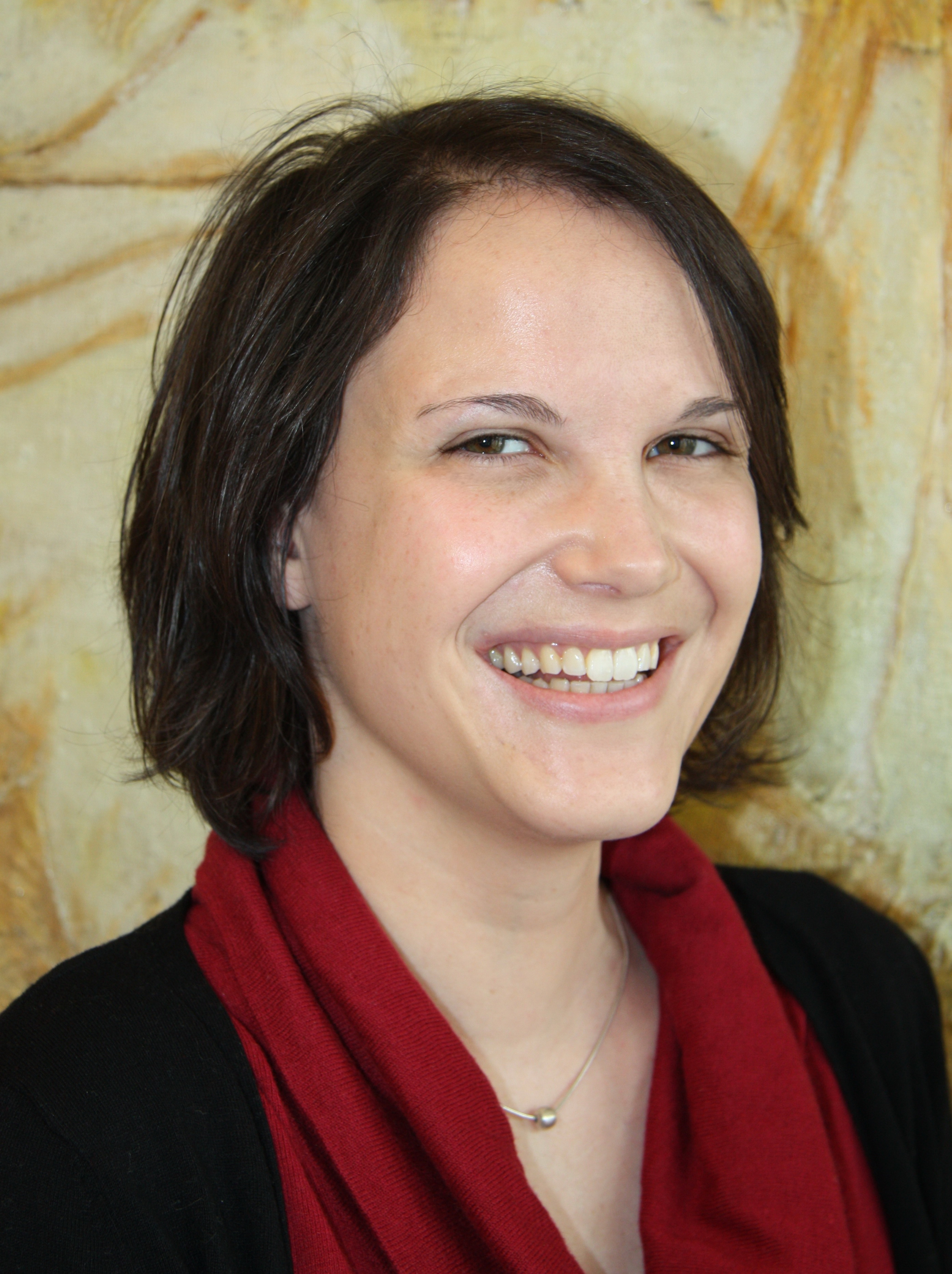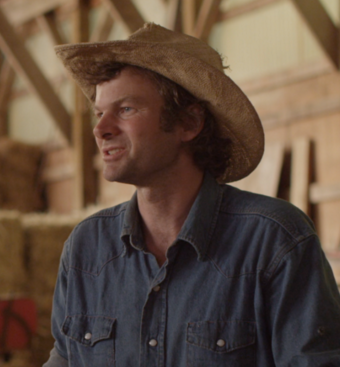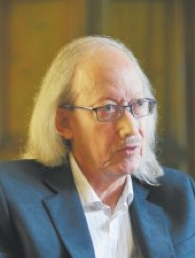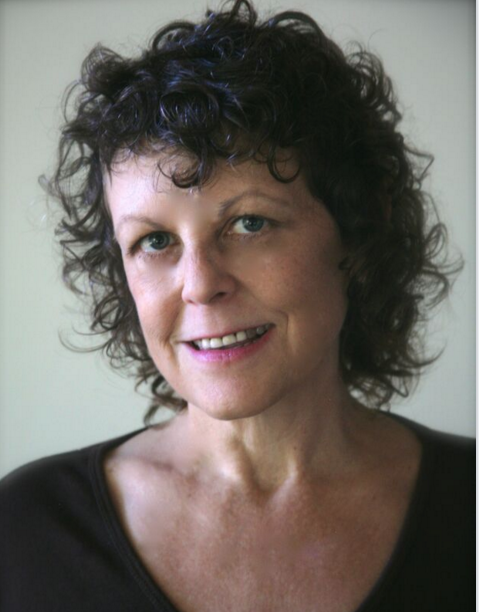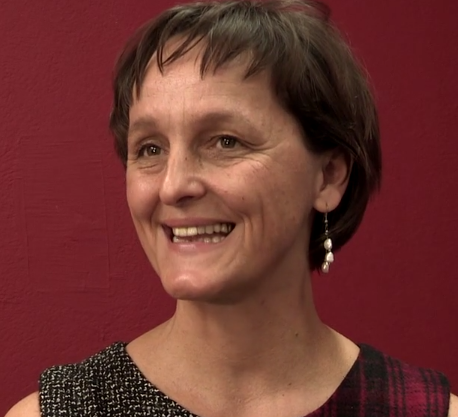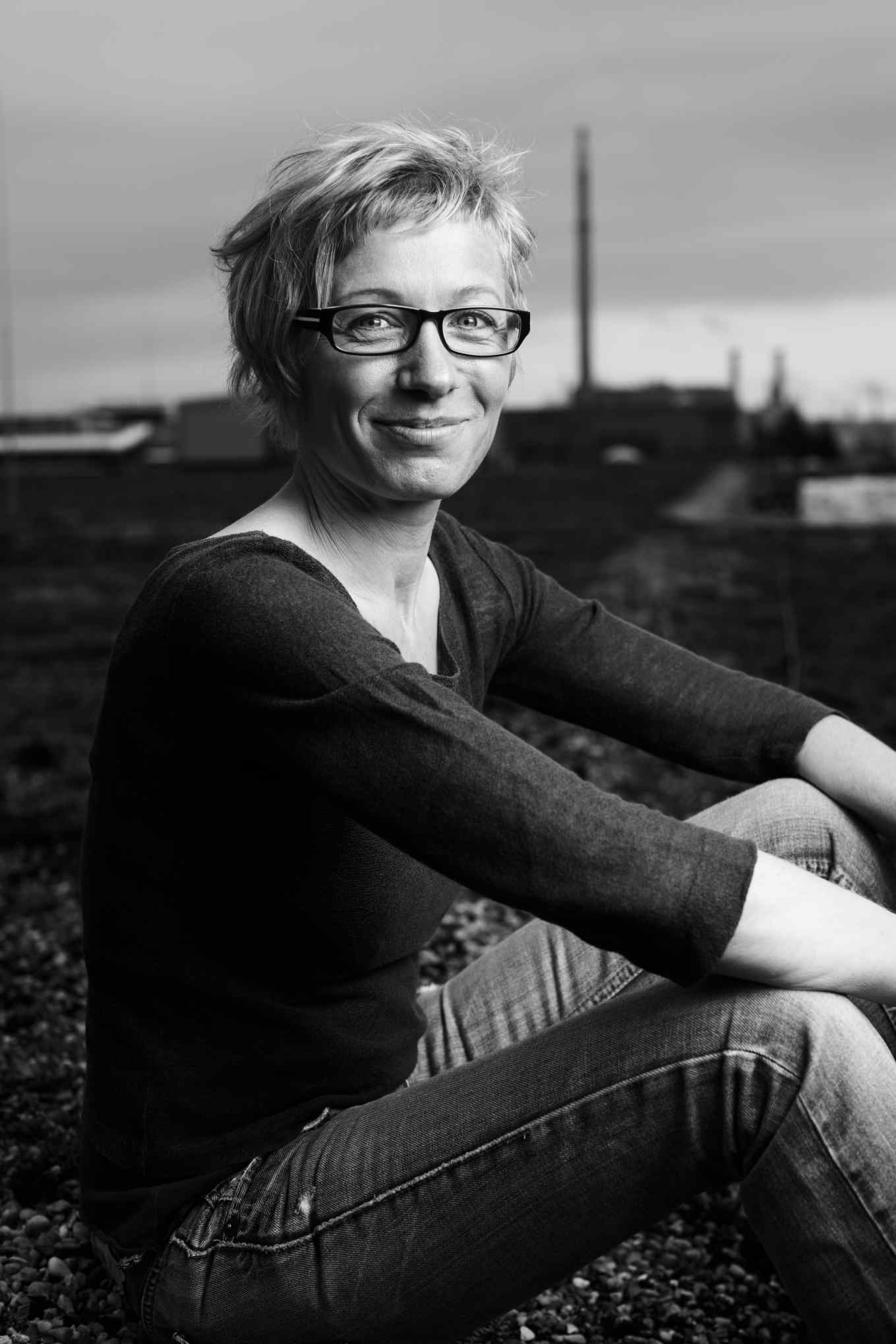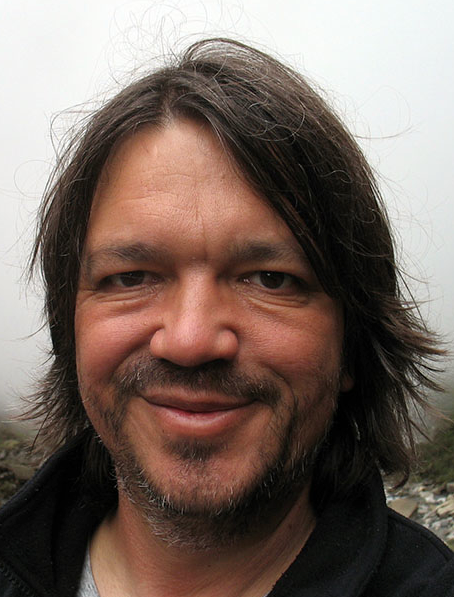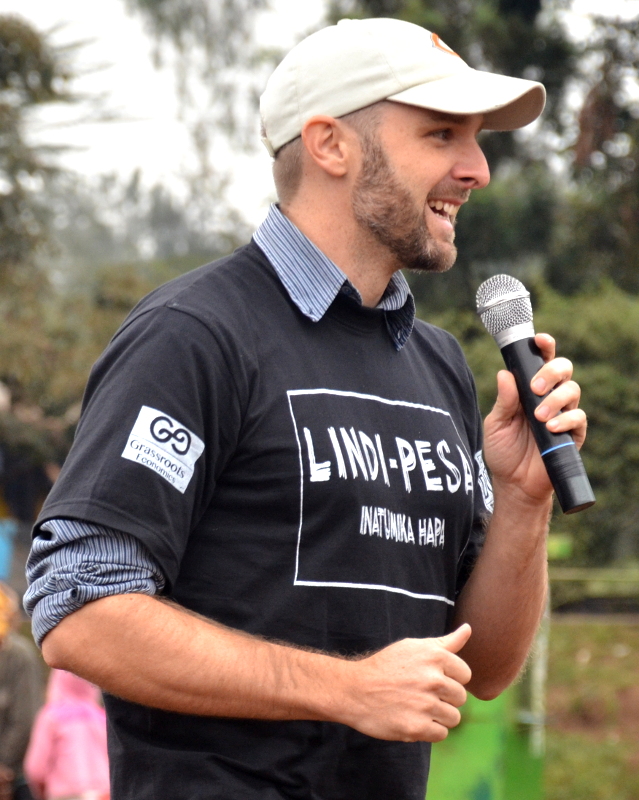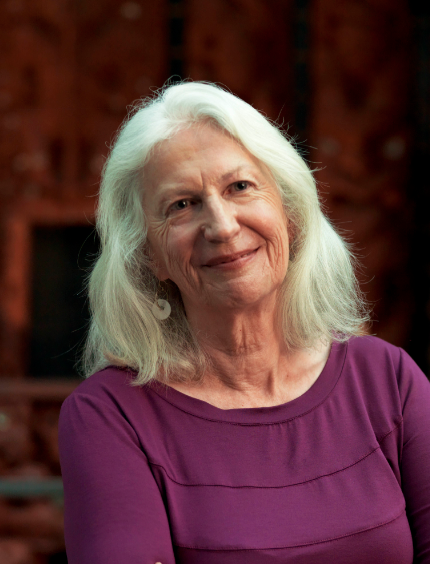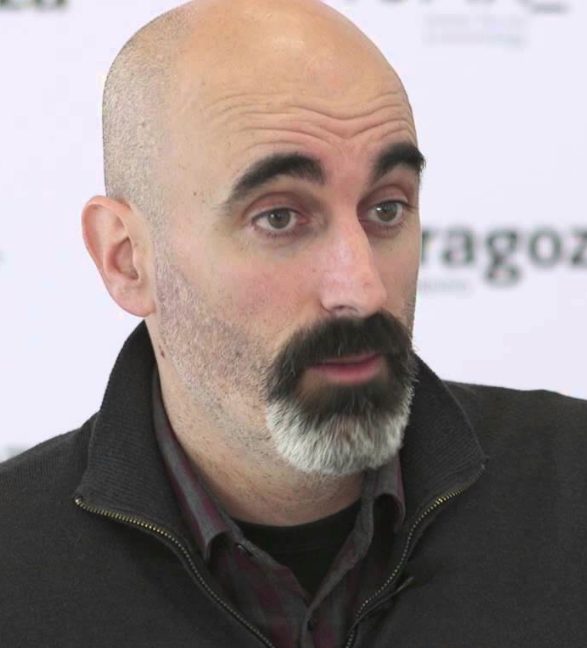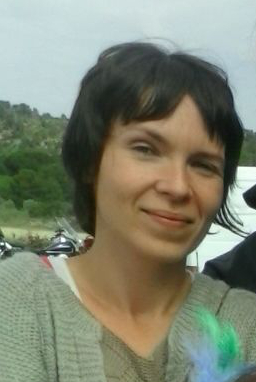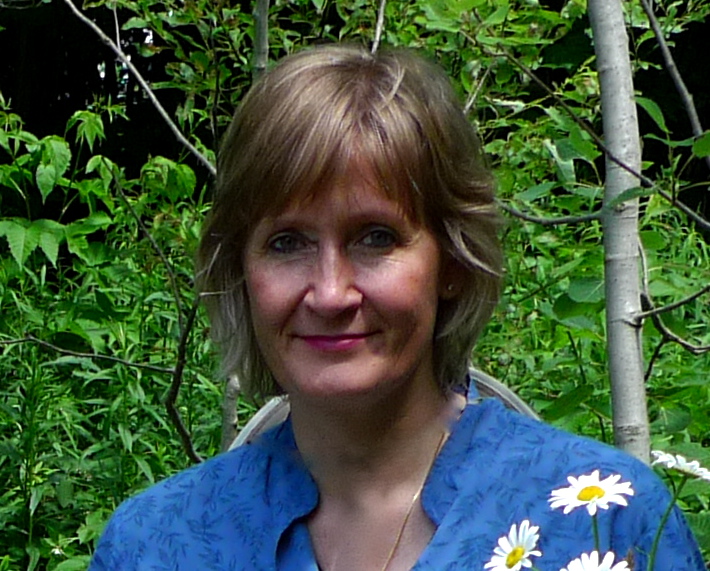Alain Ambrosi (Canada) is a designer and producer of intercultural projects, independent researcher, author, videographer and producer of the Remix The Commons Project.
Patterns of
COMMONING
Acknowledgments
It is fitting that the preparation of this book has itself been a process of commoning. We, as editors, have supplied the thematic frameworks, editing and production, but the book is quite literally the original work of a network of more than sixty contributors from twenty countries. It has been a gratifying process to see so many divergent strands fall into place, among dozens of others, creating a vibrant tapestry of stories and analyses about contemporary commons. Our first expression of thanks, therefore, goes to the contributors to this anthology who took the time and energy to share their insights and rich accounts of their commons. Something changes within each of us when we can see the broader context of our own individual projects – and witness this inspiring, larger whole together.
Throughout the two years that it took to produce this book, the Heinrich Böll Foundation has been a determined champion of the commons and supporter of this book. We owe a significant debt of gratitude to Heike Löschmann, the head of the Department of International Politics at the Böll Foundation, for her steadfast commitment to this ambitious project. Heike worked closely with us in providing astute recommendations, editorial suggestions and helpful liaison with many friends of the commons. We are also deeply thankful to Barbara Unmüßig, President of the Foundation, for her unwavering support for commons scholarship and activism, and for this book in particular. Years ago, Barbara recognized the immense strategic potential of the commons paradigm for reinventing political cultures around the world.
This book was an exemplary act of commoning in the arrangements for its publication. The publisher for our previous anthology of commons essays, Levellers Press – a worker-owned cooperative based in Amherst, Massachusetts, USA – has been in the vanguard of innovative publishing practices for many years. (See profile on pp. 227 to 330.) With this collection of essays, we decided to take charge of publishing ourselves, as Commons Strategies Group, in cooperation with leading commoners around the world and with the self-publishing arm of Levellers Press, Off the Common Books. Thanks to pre-orders of this book by more than thirty commons-friendly organizations and individuals, we were able to finance the production of more than two-thirds of the book’s press run: a case of commoners helping each other, themselves and the greater good. This has enabled us to offer the book at a much lower price than similarly produced books; use a Creative Commons license to make the text available for copying and sharing; and retain key decisions about marketing and distribution while enjoying access to conventional distribution channels.
We extend our hearty thanks to the contributors to our “limited crowdfunding” campaign for their faith and confidence in us and this project! And we once again wish to thank Steve Strimer, the publisher of Levellers and Off the Common Books, for his great resourcefulness and good cheer as a partner in commons-based publishing. Faith Seddon did a terrific job in converting our manuscript into beautiful pages.
From the start, this book was conceptualized and edited in two languages, German and English. Naturally this required considerable coordination and extremely careful translations. These were sometimes quite difficult because of specialized and unfamiliar terms associated with the commons, “commoning” and “enclosure.” We were fortunate that Sandra Lustig and Brigitte Kratzwald were able to provide meticulous translations for both the German and English editions of this book. Once we had completed the manuscript, editor Bernd Rheinberg at the Böll Foundation provided valuable suggestions for improving the book.
Since Patterns of Commoning is the second of a planned trilogy of anthologies about the commons, we hope to begin work soon (after a decent interval for rest!) on the third volume. It will focus on the political and policy challenges of advancing the commons paradigm and the culture of commoning. We hope to discover an even wider circle of commoning when we release that book in 2017.
David Bollier Silke Helfrich
Amherst, Massachusetts, USA Jena, Germany
Commons Strategies Group July 15, 2015
